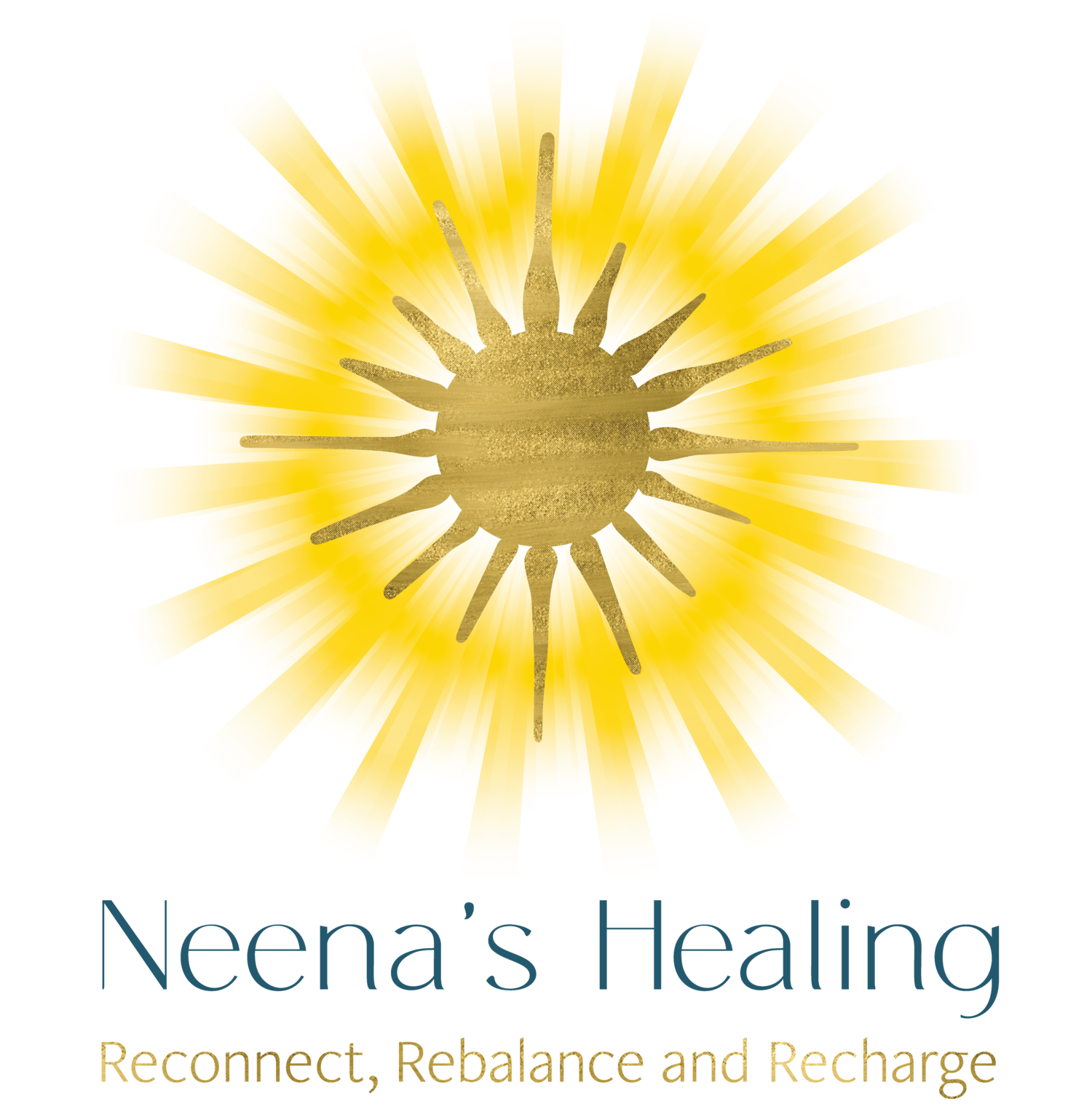Interoception: The Key to Unlocking Emotional Regulation and Well-Being
Have you ever paused to ask yourself, “How am I really feeling?” Not just emotionally—but physically. Perhaps you noticed a tightness in your chest, a flutter in your stomach, or tension in your shoulders. These sensations are part of your body’s internal communication system, and learning to listen to them is a powerful tool for emotional regulation and overall well-being.
This ability to sense and interpret signals from within your body is known as interoception. It plays a critical role in how we process emotions, make decisions, and respond to stress.
What is Interoception?
Interoception is your brain’s ability to perceive and interpret the internal state of your body. It encompasses sensations like hunger, thirst, heart rate, muscle tension, or the feeling of butterflies in your stomach.
Think of interoception as a feedback loop:
Your body sends signals (like a racing heart or shallow breathing) to your brain.
Your brain interprets these signals, influencing how you feel and act.
What’s fascinating to understand is that 80% of the neural signals traveling along the vagus nerve (your body’s main communication highway) go from your body to your brain—not the other way around. This means your body is constantly informing your emotions, thoughts, and actions.
Why Interoception is Vital for Emotional Regulation
Emotions aren’t just thoughts or ideas—they’re signals that need to be heard, full embodied experiences. Fear might feel like a racing heart, anxiety like a swirling tummy, and joy like a warm glow in the chest. Interoception helps you recognize these bodily signals and connect them to your emotions.
When you’re attuned to interoceptive signals, you’re better able to:
Identify Emotions: Understand what you’re feeling and why.
Regulate Stress: Recognize when you’re moving into a ‘stress response’, e.g. fight, flight, freeze or fawn, and take steps to regulate yourself before it escalates.
Make Informed Decisions: Your “gut feelings” are often based on subtle interoceptive cues, which guide your choices.
Research shows that people with higher interoceptive awareness are better at managing stress, regulating emotions, making decisions and navigating complex social interactions.
What Happens When We Shut Down Interoceptive Awareness?
For some people, tuning into their body’s sensations doesn’t feel safe. This can happen for a variety of reasons:
Past trauma or overwhelming emotional experiences.
Chronic stress or burnout that forces the body into survival mode.
A cultural or personal belief that emotions are "weak" or not worth acknowledging.
How I Help You Reconnect With Your Body and Emotions
As an Embodied Processing Practitioner, I can help you safely reconnect with your body and emotions. The goal is not to overwhelm or re-live old pain but to gradually rebuild a sense of safety in the body so that interoceptive awareness can come back online.
Through gentle, guided practices, I can help you:
Cultivate Safety in the Body: Learning to feel small, manageable sensations without sending your system into a stress response.
Decode Emotional Patterns: Identifying and understanding what different sensations mean emotionally.
Release Stored Stress and Trauma: Allowing the body to process and integrate emotions that have been “stuck” for years.
Rebuild Trust: Teaching you to trust your body and emotions as an ally in your healing journey, rather than something to avoid or suppress.
This work is deeply transformative. By tuning back into the body, you can regain a sense of connection, clarity, and calm. People that I’ve worked with find that emotions become less overwhelming, more manageable and informative and I see that people really enjoy feeling the full range of emotions again. This results in feeling a stronger sense of resilience and the ability to navigate life with greater ease.
If you’re ready to move on from the past and take the next steps, let’s have a chat. Book a call!
Author
Neena Saith
Neena works with business professionals to help them overcome mental, emotional, and physical ailments by using the mind-body connection. This involves helping her clients go beyond the conscious mind to digest unprocessed emotions that are often rooted in stress and trauma from the past.
She is an accredited Embodied Processing and Root Cause Therapy Practitioner and a Trauma Informed Coach. Neena is a great believer of empowering people to increase their emotional resilience in order to help them cope with whatever life throws at them next.




